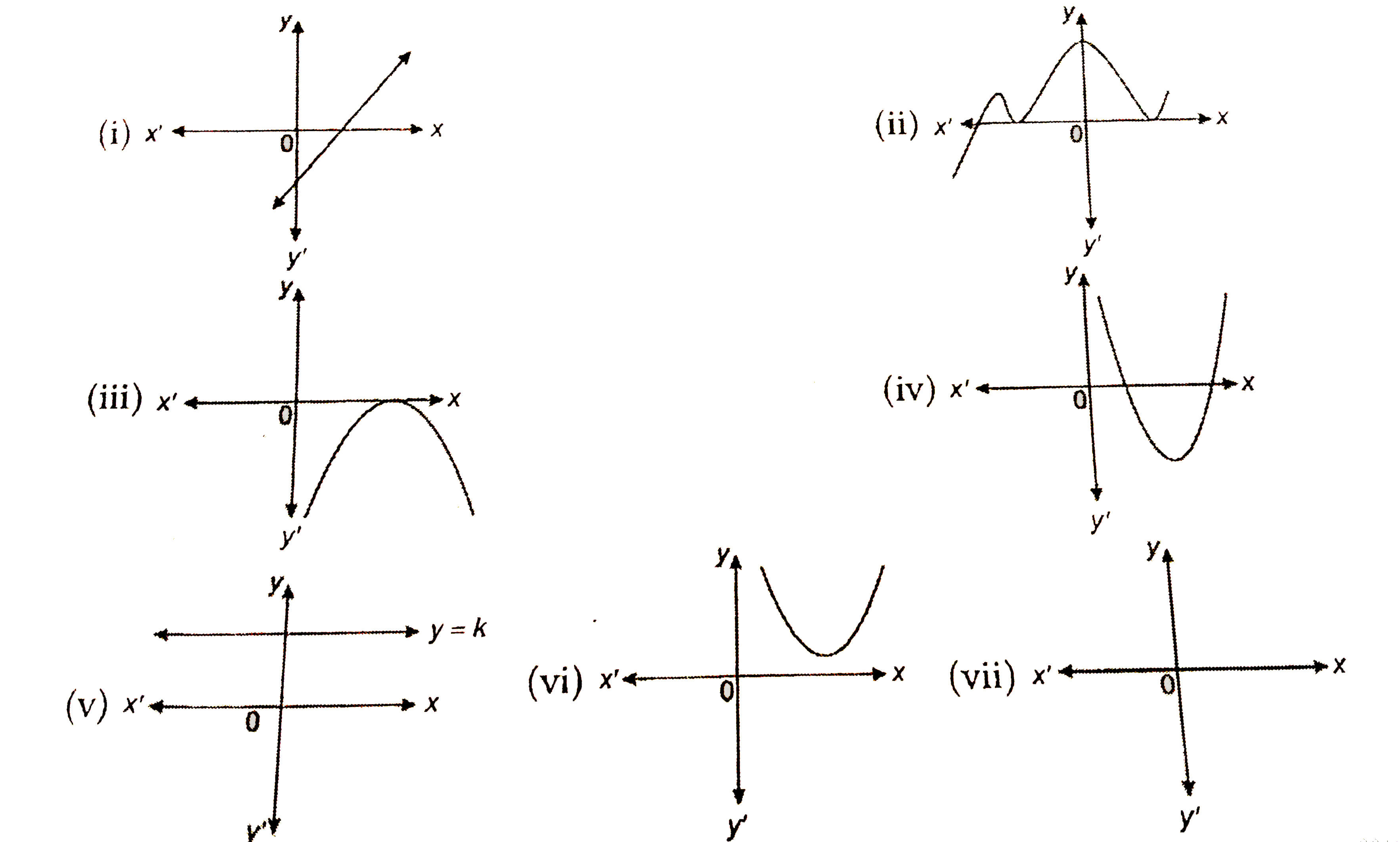Every polynomial is also an equation.
To determine whether the statement "Every polynomial is also an equation" is true or false, we can analyze the definitions of polynomials and equations.
1. Understanding Polynomials:
A polynomial is a mathematical expression that consists of variables, coefficients, and non-negative integer exponents. For example, 3x2+2x+1 is a polynomial.
2. Understanding Equations:
An equation is a statement that asserts the equality of two expressions. For example, 3x+5=0 is an equation because it states that the expression 3x+5 is equal to 0.
3. Polynomials as Equations:
A polynomial can be set equal to another expression or a number, which then makes it an equation. For instance, if we take the polynomial 3x2+2x+1 and set it equal to 0, we get the equation 3x2+2x+1=0.
4. Conclusion:
While every polynomial can be expressed as an equation by setting it equal to something (like zero), not all equations are polynomials. For example, 3x+5=y is an equation but does not represent a polynomial in the traditional sense.
Therefore, the statement "Every polynomial is also an equation" is true because we can always create an equation from a polynomial by equating it to another expression or value.
Final Answer:
The statement is true: Every polynomial is also an equation.
---
A polynomial is a mathematical expression that consists of variables, coefficients, and non-negative integer exponents. For example, 3x2+2x+1 is a polynomial.
An equation is a statement that asserts the equality of two expressions. For example, 3x+5=0 is an equation because it states that the expression 3x+5 is equal to 0.
A polynomial can be set equal to another expression or a number, which then makes it an equation. For instance, if we take the polynomial 3x2+2x+1 and set it equal to 0, we get the equation 3x2+2x+1=0.
While every polynomial can be expressed as an equation by setting it equal to something (like zero), not all equations are polynomials. For example, 3x+5=y is an equation but does not represent a polynomial in the traditional sense.
The statement is true: Every polynomial is also an equation.
Topper's Solved these Questions
- POLYNOMIALSBOOK - CBSE COMPLEMENTARY MATERIALCHAPTER - POLYNOMIALSEXERCISE - Part C
29 Videos
- POLYNOMIALSBOOK - CBSE COMPLEMENTARY MATERIALCHAPTER - POLYNOMIALSEXERCISE - Practice Test
8 Videos
- POLYNOMIALSBOOK - CBSE COMPLEMENTARY MATERIALCHAPTER - POLYNOMIALSEXERCISE - Practice Test
8 Videos
- NUMBER SYSTEMSBOOK - CBSE COMPLEMENTARY MATERIALCHAPTER - NUMBER SYSTEMSEXERCISE - Part - D
18 Videos
- PRACTICE QUESTION PAPER-2BOOK - CBSE COMPLEMENTARY MATERIALCHAPTER - PRACTICE QUESTION PAPER-2EXERCISE - PART D
7 Videos
Similar Questions
Knowledge Check
A polynomial equation has
Aat least two rootsBat least one rootCat most three rootsDat most two roots
Linear Equation: an equation involving only linear polynomials is called a linear equation
View SolutionLinear Equation: an equation involving only linear polynomials is called a linear equation
View SolutionWhich of the graphs given below corresponds to linear polynomial or a quadratic polynomial ? Also, find the number of zeroes of the polynomial in each case.

View SolutionShow that every polynomial function is continuous.
View SolutionPolynomial ||Quadratic polynomial || Quadratic equation|| Zeros || Roots solving a quadratic equation ||Relation between roots and coefficents OF quadratic equation
View SolutionIntroduction to quadratic polynomial and equation, Sum and Product of roots and Nature of roots
View SolutionEvery rational number is also an integer (b) a real number a natural number (d) a whole number
View Solution
